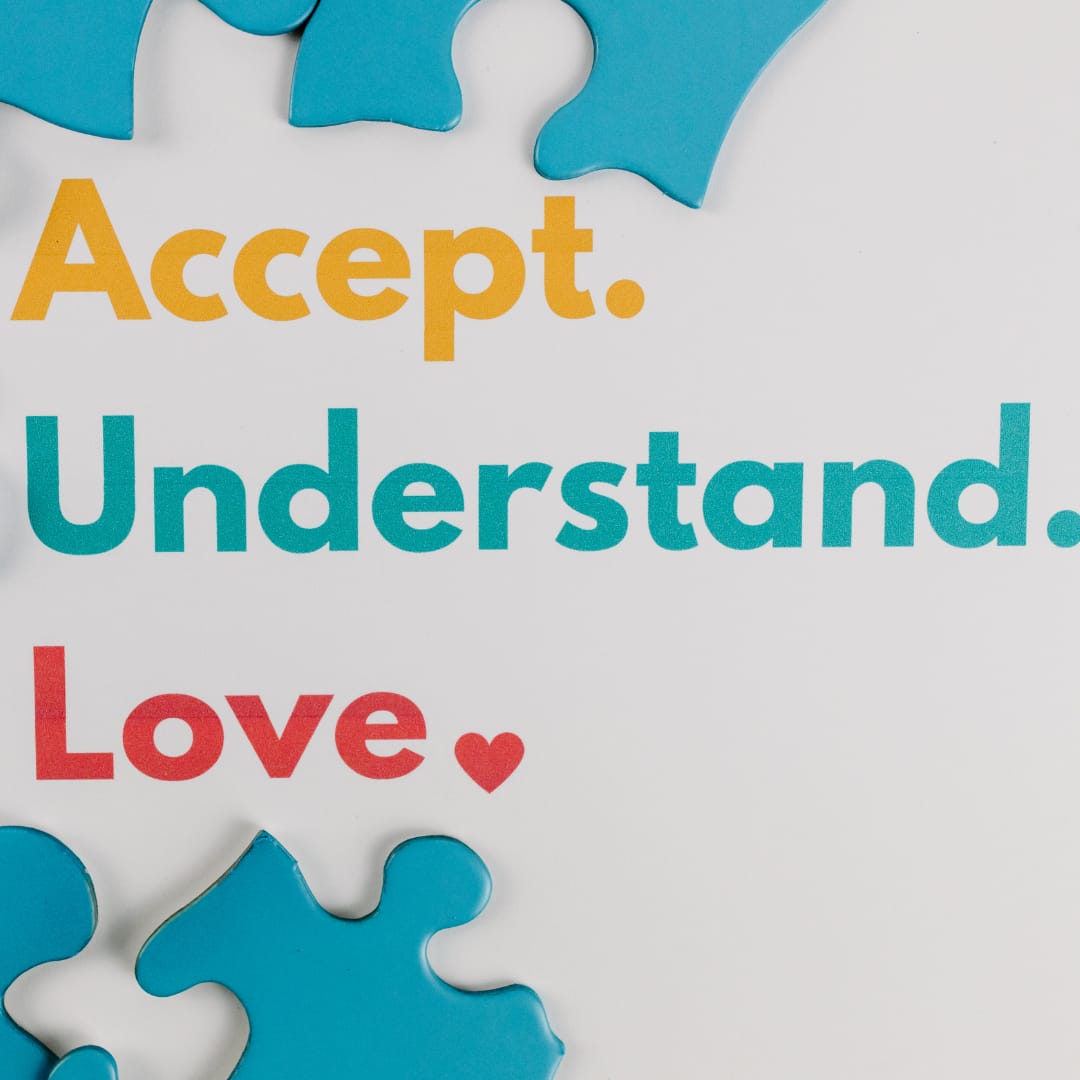
In today’s globalized world, mastering English isn’t just about knowing grammar and sentence structure. It’s also crucial to understand the differences between formal and informal vocabulary. For university students, learning how to switch between these two styles can be a valuable skill in both academic and social settings.
Formal vocabulary is typically used in professional, academic, or official situations. When writing essays, giving presentations, or communicating with professors, you need to use a more structured and respectful tone. This type of language avoids slang, contractions, and colloquialisms.
Examples of formal vocabulary:
Formal language also often employs more complex sentence structures and sophisticated words, lending the speaker or writer a sense of credibility and authority. For instance, instead of saying, “Can you give me the details?” a more formal approach would be, “Could you please provide me with the necessary information?”
In contrast, informal vocabulary is used in everyday conversation with friends, family, or close acquaintances. It’s relaxed and casual, often containing slang, abbreviations, and contractions. While informal language can make communication feel more personal and approachable, it is important to recognize that it may be inappropriate in professional or academic settings.
Examples of informal vocabulary:
Slang and contractions like “gonna” or “wanna” are typical in informal conversations but should be avoided in academic papers or presentations. If you are unsure, ask yourself: “Would I speak this way to a professor?”
Being able to differentiate between formal and informal language can impact how others perceive you. Using formal vocabulary in the wrong context can make you seem distant, while using informal language in a formal setting may come across as unprofessional.
Mastering both styles of language allows you to communicate effectively in any setting, whether you are networking at a conference or hanging out with friends. By understanding when and where to use formal versus informal vocabulary, you will develop better communication skills that will serve you throughout your academic and professional journey.